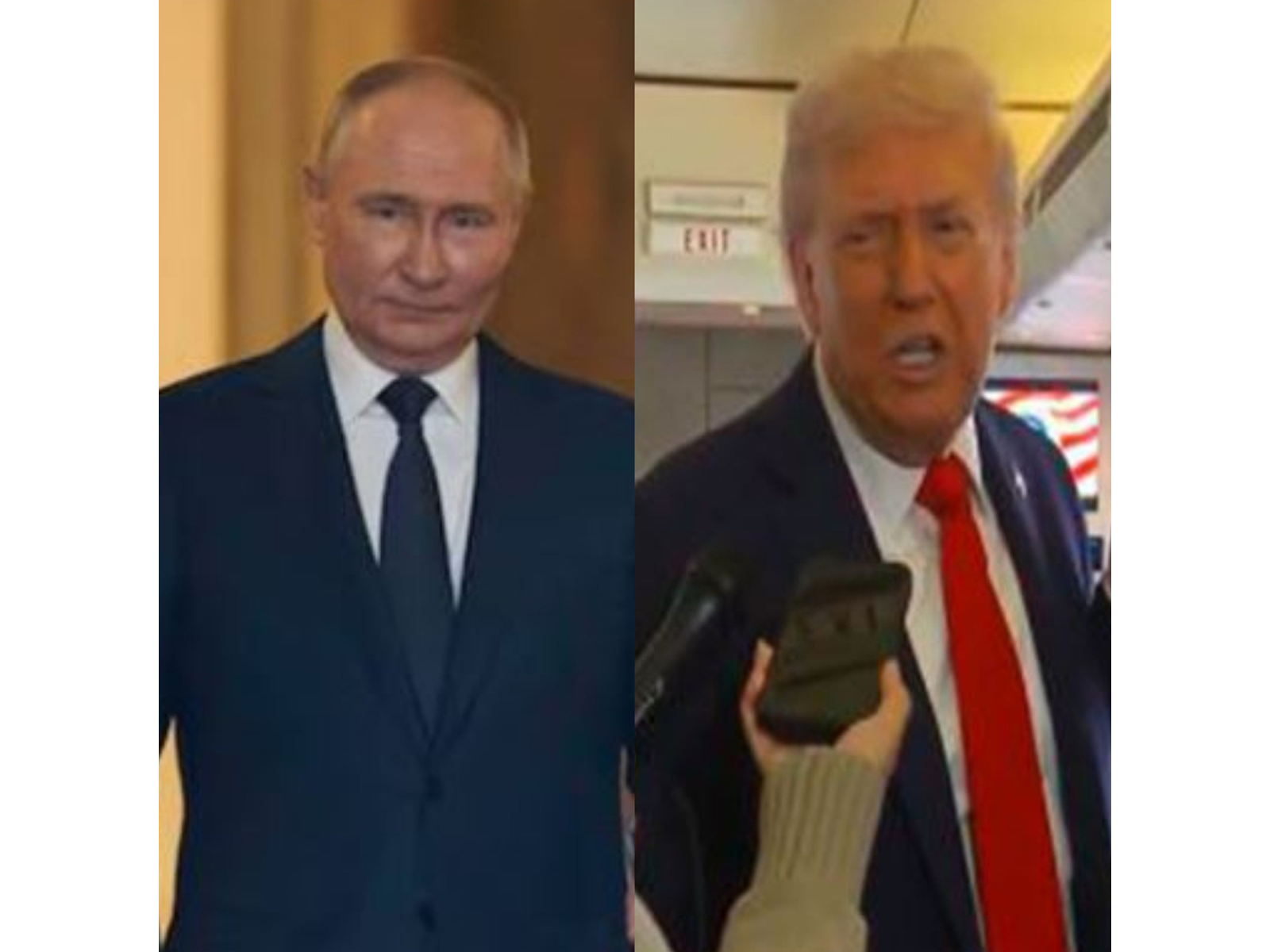Global Trade Tensions: Trump's Tariff Threats and Their Impact on Financial Markets
Finance leaders gather in Washington amidst escalating U.S.-China trade tensions. Trump's tariff threats risk reigniting the trade war and shaking financial markets. Despite hopeful signs, volatility looms as the IMF and World Bank meetings commence. G7 ministers will discuss strategies against Russia amid ongoing geopolitical challenges.

Finance chiefs convened in Washington this week, prepared to discuss the global economy's resilience amid trade tensions. However, the U.S.-China trade war rhetoric intensified as President Donald Trump threatened 100% tariffs on Chinese imports, causing turmoil in financial markets.
The International Monetary Fund and World Bank's annual meetings are now expected to focus on the potential for a renewed U.S.-China trade war. Trump's proposed tariffs and export restrictions are set to take effect on November 1, jeopardizing the fragile truce between Washington and Beijing.
While U.S. stocks rebounded with a softer tone from U.S. officials, concerns persist about market volatility amid an investment boom in artificial intelligence. The meetings also see G7 focus on sanctioning Russia, highlighting the complex geopolitical landscape finance leaders must navigate.
(With inputs from agencies.)
ALSO READ
European Stocks Rebound Amid US-China Trade Tensions Easing
Dollar Surges Amid Easing U.S.-China Trade Tensions
China's Diplomatic Balancing Act: Amidst Border Clash Between Pakistan and Afghanistan
Global Markets Bounce Back: U.S.-China Trade Tensions Ease Amidst Gold Surge
Gold and Silver Surge Amid US-China Trade Tensions










